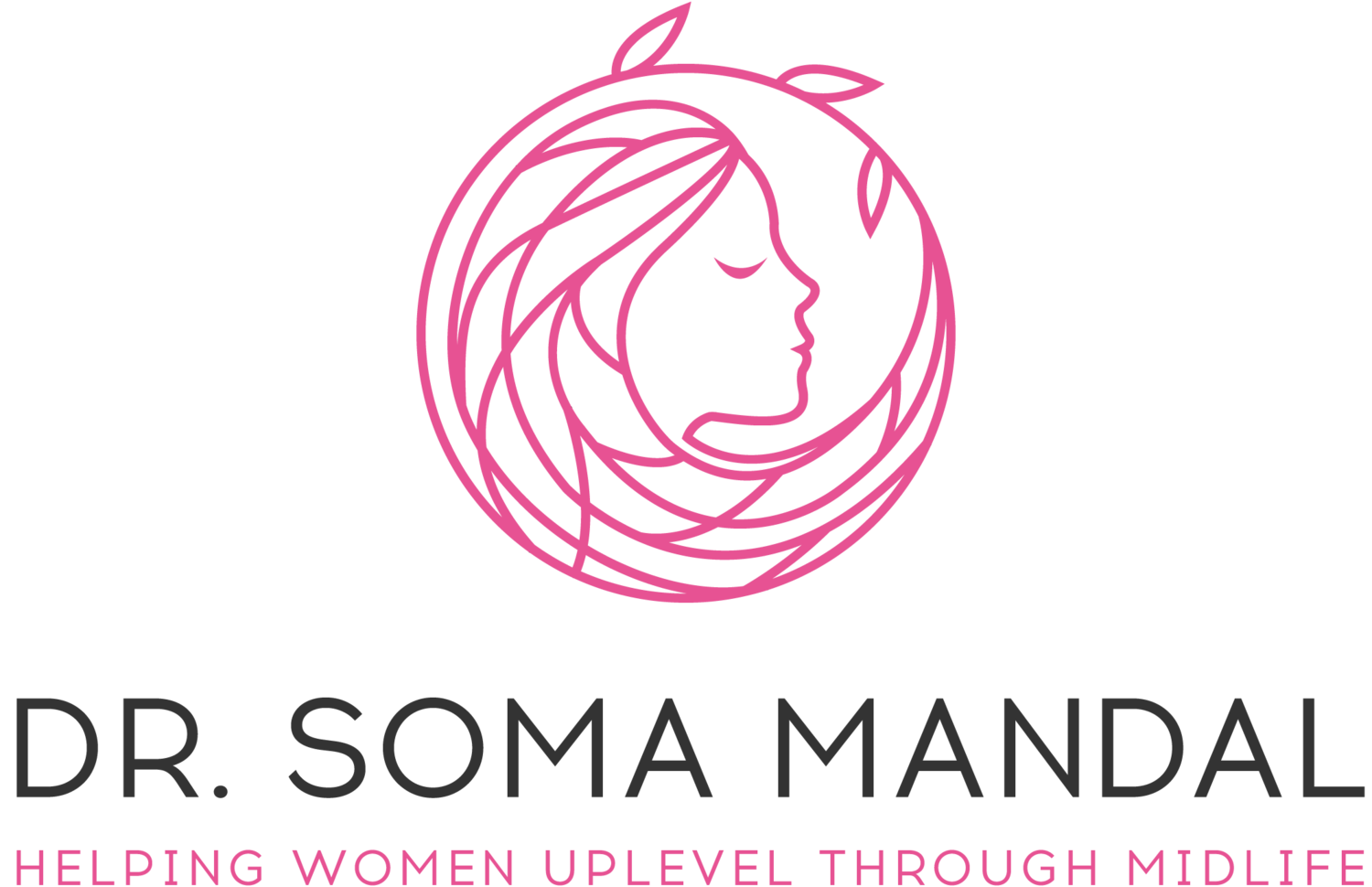Don't Ditch The Birth Control Just Yet!
“We cannot control the wind but we can adjust the sails.”
~~Unknown
“Whoo Hoo! I’m in menopause. No more birth control for me!”
Wait! Before you ditch the birth control, know this: many a midlife baby has been conceived by couples who thought the risk of pregnancy was long gone. Ooops!
Let’s talk a little about menopause and fertility.
Perimenopause vs. Menopause
When people talk about women “going through menopause”, what they’re usually talking about is not the end of periods per se. What they are usually referring to is the period of years leading up to menopause known as perimenopause.
Menopause is the actual, completecessation of periods. And it is not confirmed until your periods have been totally and completely absent for 12 consecutive months. Only then can you be assured that your fertility has ceased.
The Risk of Pregnancy
It is a common misconception that as your estrogen and progesterone drop and your period becomes less regular, you can’t become pregnant. That is not correct. There are lots of women who find themselves expecting the same time they’re dealing with hot flashes and wondering how the heck THAT happened. It’s like the old saying, “It ain’t over till it’s over.” Here’s why:
Every woman is born with a finite number of eggs. Starting at puberty, each month, an egg is released and it’s either fertilized or shed during your period. Over time, those unfertilized eggs continue to age. With that aging comes age-related changes that make the eggs less viable. As a result, the chance of becoming pregnant decreases as a woman ages. Irregular periods and plummeting hormones also decrease the chances of pregnancy.
However, there are still plenty of viable eggs in those ovaries and sometimes, just enough estrogen and progesterone to sustain a pregnancy. This is true even if your periods have decreased significantly. In fact, women over 45 still have a 1% chance of becoming pregnant. One percent doesn’t sound like a lot but you’re in that 1% and you didn’t plan for a child at midlife, it’s a big deal. The bottom line is that less viable doesn’t mean not possible. As long as you’re ovulating and having a period, even a sparse one or two a year, the risk is there.
So, if your goal is to NOT become pregnant, you need to practice birth control consistently - every time – until you have a confirmed menopause. Remember, that’s 12 consecutive months of no period at all. Not spotting here and there, not a period once or twice a year. 12 consecutive months. No. Period.
Birth Control Options
Perimenopausal women have lots of birth control options. Not every option is right for every woman. Below are a few options available to you. Oral contraceptives (the pill)
Non-oral hormonal contraceptives – hormones are delivered via the “shot”, vaginal rings or transdermal patches
Intrauterine devices (IUDs)
Sterilization – tubal ligation for women; vasectomy for men
Barrier methods – condoms, diaphragms, spermicide
Natural planning or “the rhythm method” is also popular among some cultures. This may not be the best option for a perimenopausal woman. Periods are more irregular and determining your fertile period may be difficult.
These methods have varying degrees of effectiveness in preventing pregnancy. The effectiveness of any contraceptive measure (except sterilization) is also highly dependent on your consistency in using it. Your healthcare provider can guide you and help you choose the best one for you.
So how do you know when you’ve reached the end of your fertility? Your doctor can help you determine this but information is key. Keep track of your periods. Track any episodes of spotting or changes in your normal discharge between periods. These are all clues that can really help your doctor to determine whether you’ve reached the point where complete menopause can be confirmed. This is not something to guess at.
Only when you’ve been given the all clear can you confidently say, “Whoo Hoo! I’m in menopause. No more birth control for me!”





